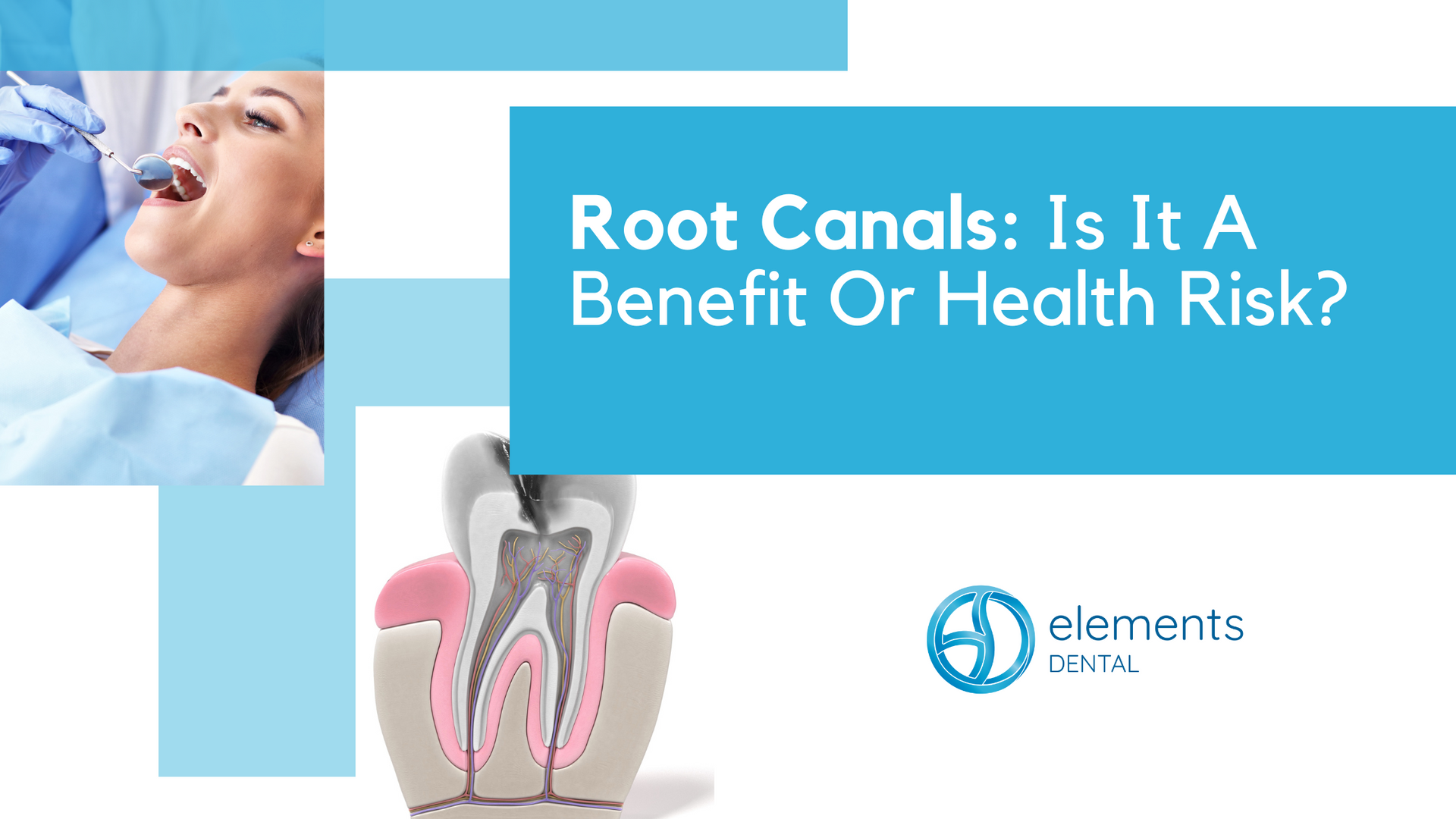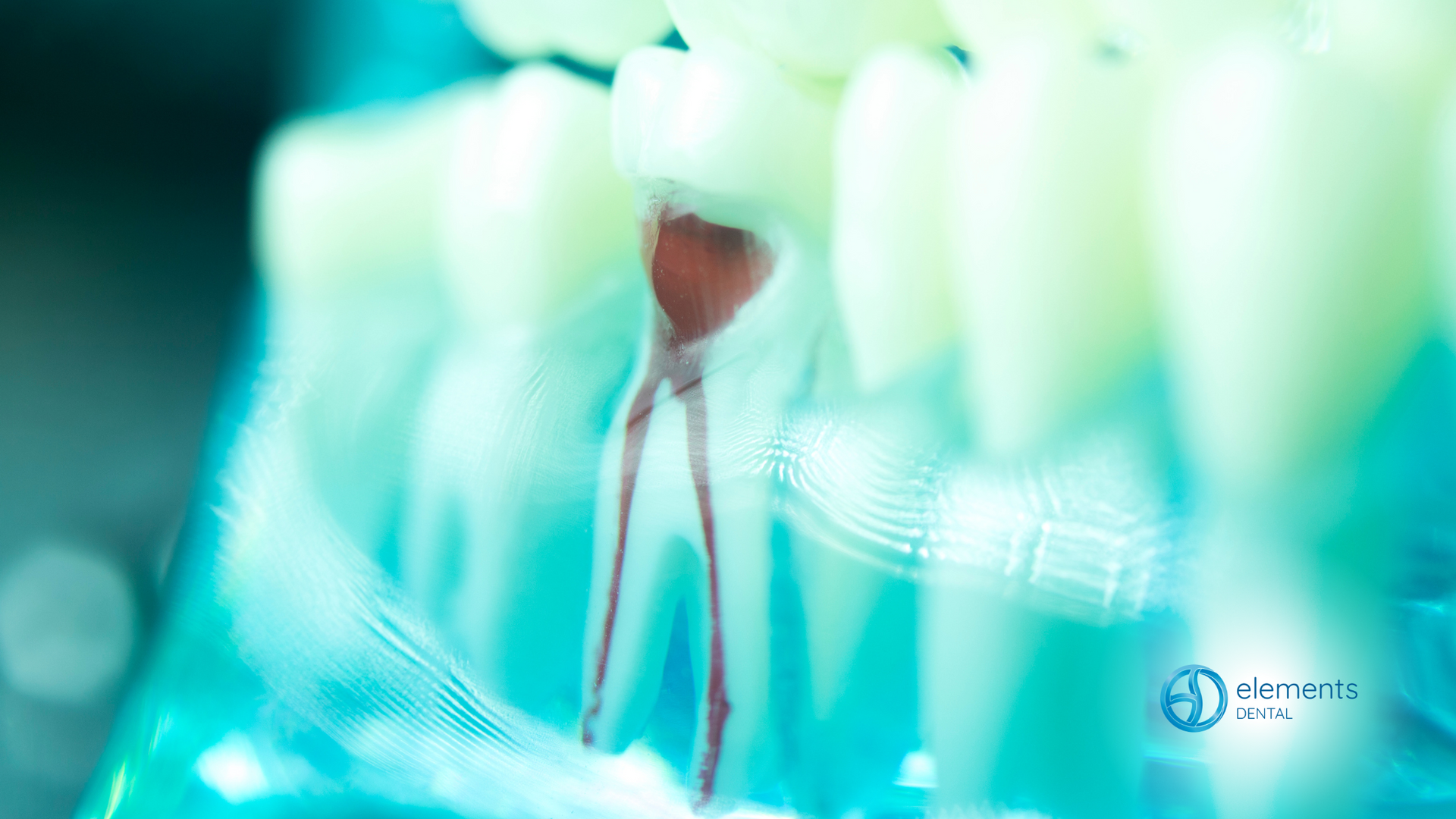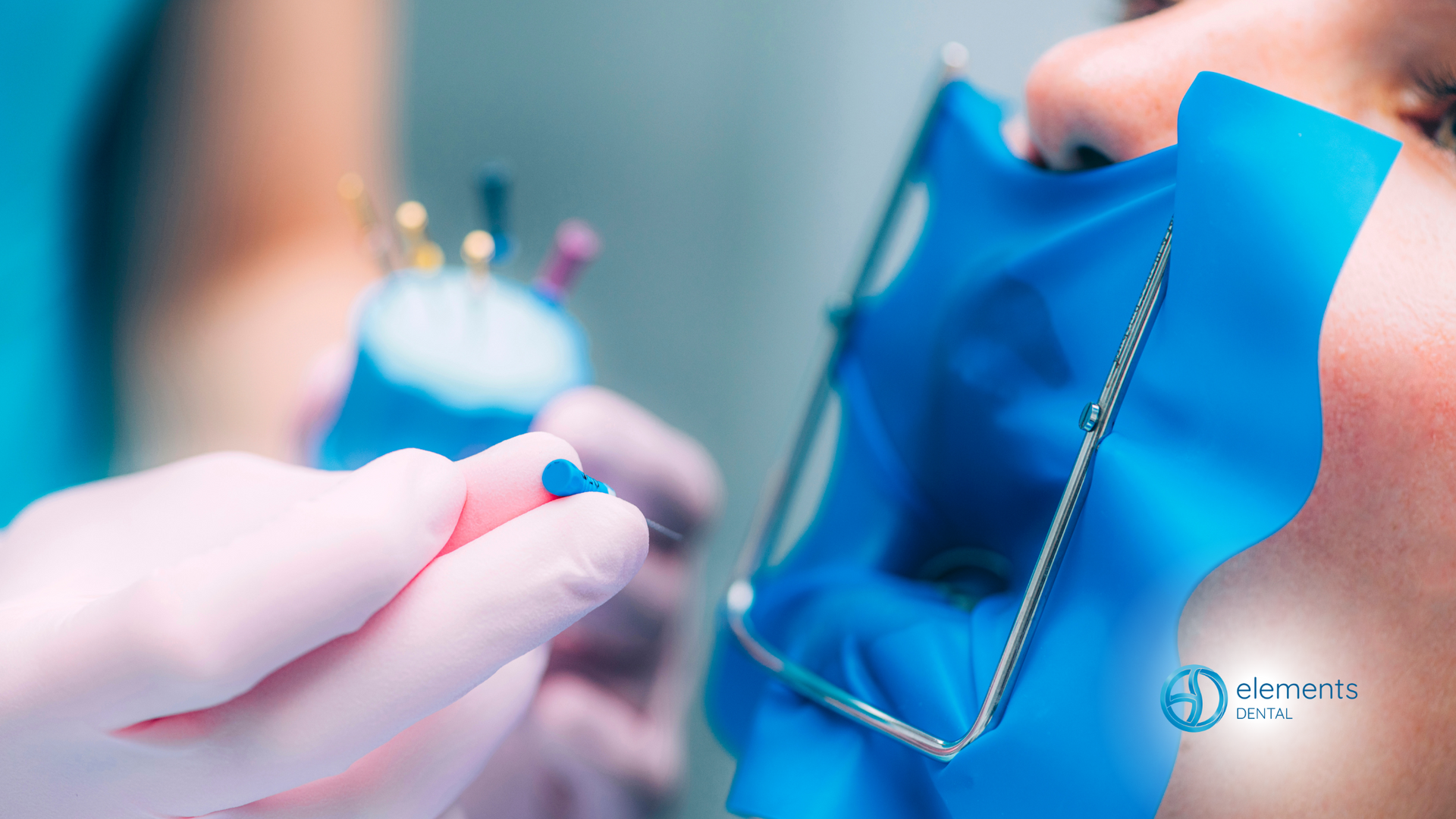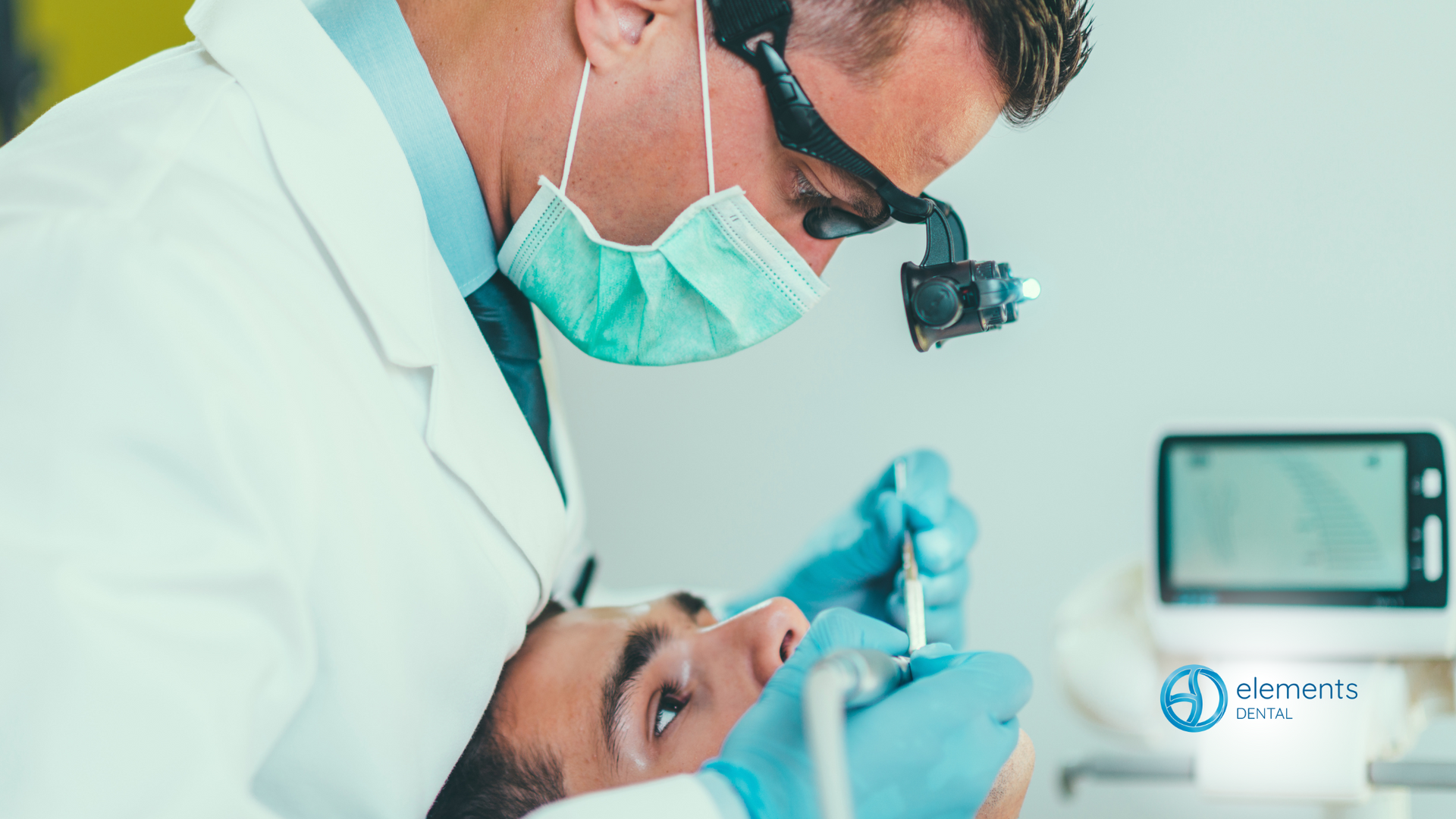Root Canals: Is It A Benefit Or Health Risk?

Source: Dr. Marketing
Root canal treatment is a common dental procedure recommended for patients with dental cavities that have affected the roots of their teeth. While the procedure aims to remove infected pulp and save the tooth, it has been a topic of controversy due to potential dangers and side effects. In this comprehensive article, we will explore the risks associated with root canal treatment, including the inability to completely remove infected pulp, damage to side canals, infection leakage, inflammation, and chronic diseases. We will also discuss alternative options and the importance of consulting with a holistic dentist.
Understanding Root Canal Treatment

Root canal treatment involves the removal and cleaning of infected pulp inside a tooth. The procedure is typically performed when dental decay has reached the innermost part of the tooth, causing pain and potential infection. The dentist removes the infected pulp, cleans the area, and fills it with a synthetic material. The goal is to eliminate the infection and save the tooth from extraction. When done correctly, root canal treatment is considered safe and effective.
The Inability to Completely Remove Infected Pulp
One of the primary concerns with root canal treatment is the inability to guarantee the complete removal of infected pulp. The tooth structure contains microtubules through which infections can travel, making it challenging to reach all microscopic crevices and tissues. Despite the use of dental tools, some infected tissue may remain, potentially leading to persistent or recurring infections.
Infected Side Canals
During the root canal procedure, the focus is on the main canals of the tooth, neglecting the tiny side canals. Only the trunk of the root canal system can be adequately cleaned. These side canals can become necrotic and decayed when the root of the tooth is removed, providing a breeding ground for bacteria and infection. The decay in these side canals can contribute to the spread of infection and potential health complications.
Infection Leakage
Even with thorough cleaning, it is difficult to completely remove all bacteria and infection from the tooth during the root canal procedure. This means that a portion of the infection may remain inside the tooth, cut off from oxygen and blood supply. As a result, the bacteria can survive and continue to multiply, leading to leakage of infection into the rest of the body. This can contribute to systemic inflammation and increase the risk of adverse health conditions.
Inflammation and Chronic Diseases
There may be a link between root canals and chronic illnesses. Research suggests that the presence of bacteria and infection in the tooth, even after treatment, can contribute to the development of chronic diseases. Inflammation caused by the persistent presence of bacteria can have far-reaching effects on overall health, potentially exacerbating existing disease processes.
Root Canal Treatment Side Effects

Now that we have a better understanding of the root canal procedure and its limitations, let's delve into the specific dangers and side effects associated with this treatment.
Incomplete Removal of Infected Pulp
As mentioned earlier, it is impossible to guarantee the complete removal of infected pulp during a root canal procedure. The intricate structure of the tooth makes it challenging to access all areas, allowing some infected tissue to remain. This can lead to persistent or recurrent infections, undermining the effectiveness of the treatment.
Damage from Side Canals and Bacterial Breeding Grounds
The neglect of side canals during root canal treatment can have significant consequences. These tiny canals can become necrotic and decayed, providing a perfect environment for bacteria to multiply. The decay in these side canals can serve as a constant source of reinfection, undermining the success of the root canal procedure.
Leakage of Infection and Systemic Impact
The inability to completely seal the tooth after a root canal procedure can result in the leakage of infection into the rest of the body. The bacteria, cut off from oxygen and blood supply, can thrive and spread throughout the body, leading to systemic inflammation. This chronic inflammation can contribute to the development of various health conditions and increase the risk of adverse health effects.
Inflammation and Chronic Diseases
Chronic inflammation caused by the presence of bacteria and infection in the tooth can have far-reaching effects on overall health. Research has linked root canal treatment to an increased risk of developing chronic diseases. The persistent presence of bacteria can weaken the immune system and contribute to the progression of existing disease processes.
Alternative Options and Holistic Dentistry

Given the potential dangers and side effects associated with root canal treatment, it is important to explore alternative options and seek the expertise of a holistic dentist. Holistic dentistry focuses on the overall health and well-being of the patient, considering the systemic impact of dental procedures.
Extraction and Ceramic Implants
One alternative to root canal treatment is the extraction of the infected tooth followed by the placement of a ceramic metal-free implant. This approach involves removing the tooth and replacing it with a biocompatible ceramic implant. Dr. Ray Chow can perform this oral surgery procedure while taking into account the patient's overall health and well-being.
Restorative Options
In situations where extraction is not the preferred option, metal-free dentures, Maryland bridges or traditional bridges can be performed to replace missing teeth. These restorations are metal-free and biocompatible, minimizing the risk of adverse reactions and promoting overall health. While not as ideal as extraction and implant placement, these restorative options can still provide functional and aesthetically pleasing results.
The Importance of Consultation
When considering root canal treatment or alternative options, it is crucial to consult with a holistic dentist who understands the potential risks and benefits. Holistic dentists at Elements Dental take a comprehensive approach to dental care, considering the impact of treatments on the entire body. They can provide personalized recommendations based on the patient's unique circumstances and health considerations.

Root canal treatment, while commonly performed, carries potential dangers and side effects that should not be overlooked. The inability to completely remove infected pulp, damage to side canals, infection leakage, and the risk of chronic inflammation and disease are all factors to consider. At the same time, the consequences of tooth loss have to be considered. Exploring alternative options and consulting with a holistic dentist can provide a more comprehensive and personalized approach to dental care, promoting overall health and well-being.
Remember, knowledge is power, and being informed about the potential risks and benefits of dental procedures allows you to make educated decisions about your oral health. Take the time to research and consult with professionals who prioritize your overall well-being, ensuring that your dental treatments align with your health goals.



